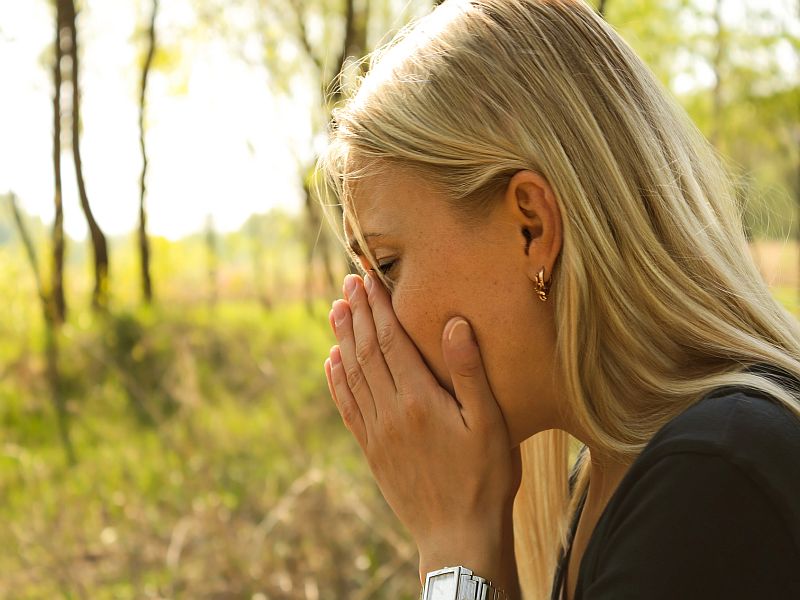
THURSDAY, May 11, 2017 -- If you're sniffling and sneezing a lot more lately, you're hardly alone. Climate change is making seasonal allergies worse, an expert says.
"With the combination of increased temperature and carbon dioxide, we are seeing a dramatic change, and allergy sufferers can probably feel that change," said Dr. Richard Weber, president of the American College of Allergy, Asthma & Immunology.
"We are experiencing longer allergy seasons, earlier onset and there is just more pollen in the air," said Weber, who's also an allergist at National Jewish Health in Denver.
Related
About 40 million Americans have seasonal allergies -- also known as hay fever -- and they will have to cope with earlier and longer allergy seasons, Weber said.
"A year ago, we saw pollen counts of certain trees that were about three times higher than what we normally would see in years past," he said in a hospital news release. "It was awful. Plants that ordinarily were pollinating in April, by the beginning of March, they were going gangbusters."
Weber offered some tips for people with seasonal allergies.
Start taking your allergy medications before your immune system kicks into high gear. Once it's there, allergy medications are less effective and take longer to relieve symptoms.
Do outdoor activities early in the morning. Pollen counts are highest around midday.
Keep your windows closed, even at night. While pollen levels peak at midday, enough pollen keeps floating in the air to cause trouble during the night.
Weber is author of a research review published last year in Annals of Allergy, Asthma & Immunology. That report said changing climate is affecting human allergies on three continents.
More information
The American Academy of Allergy, Asthma & Immunology has more on outdoor allergens.
Copyright © 2017 HealthDay. All rights reserved.














